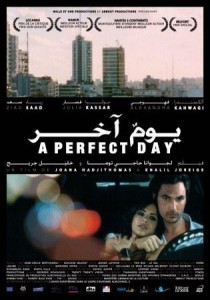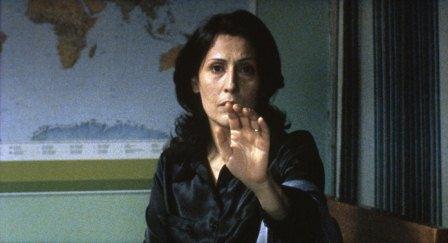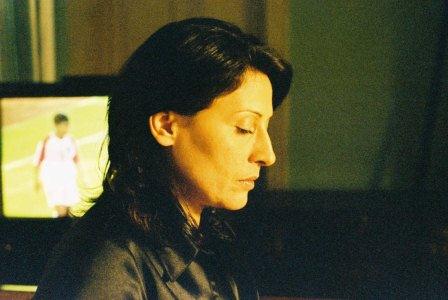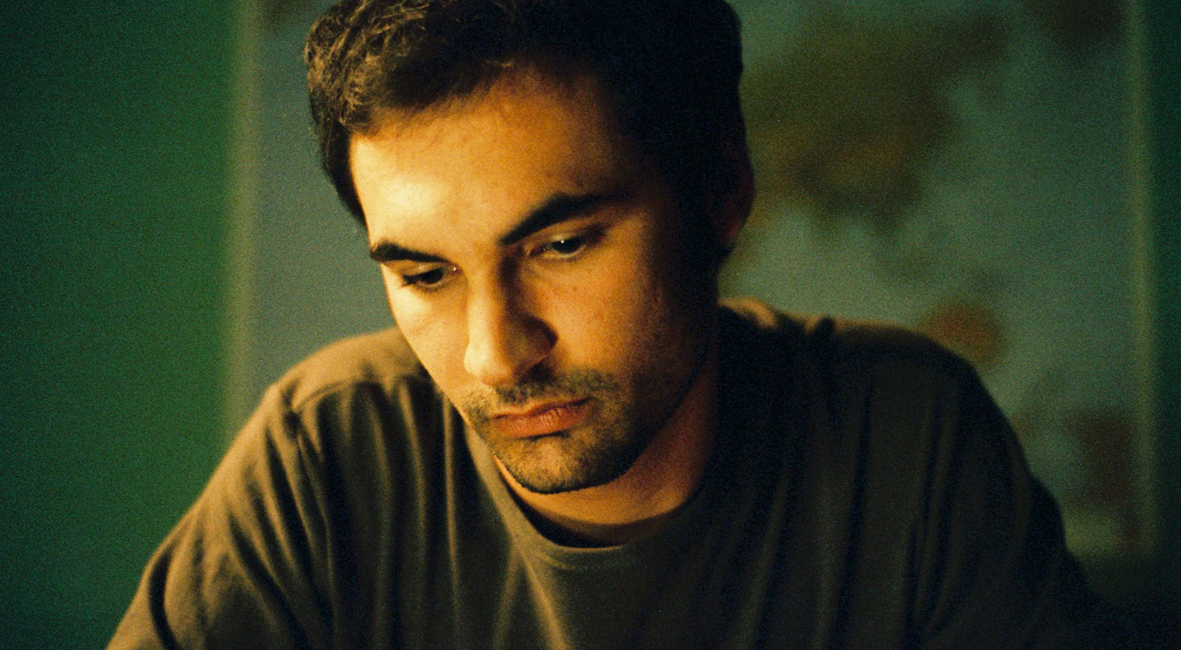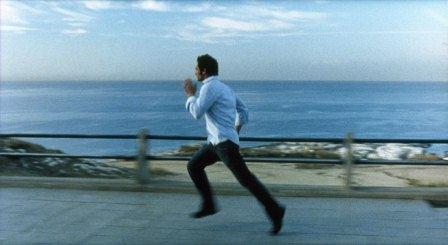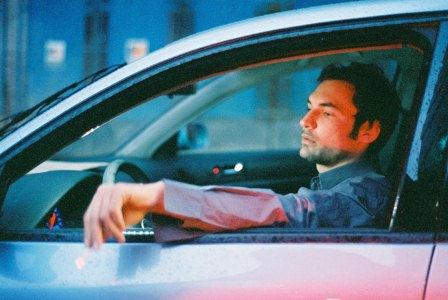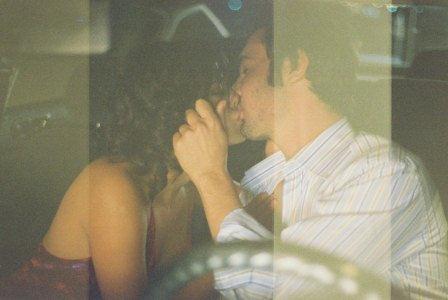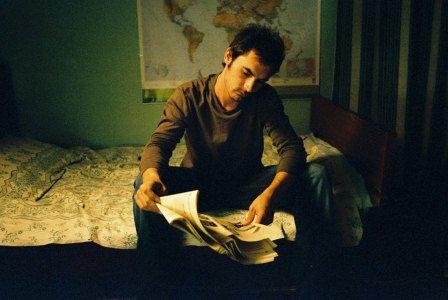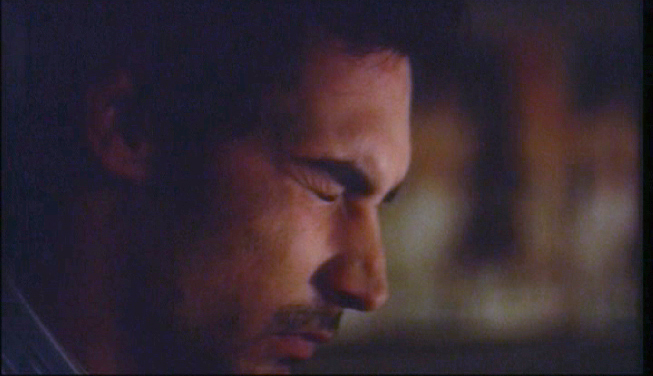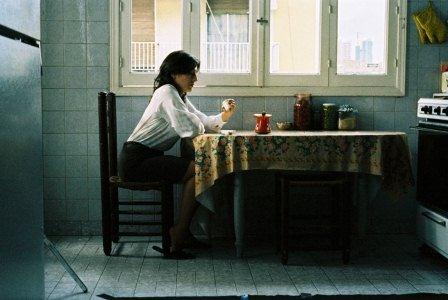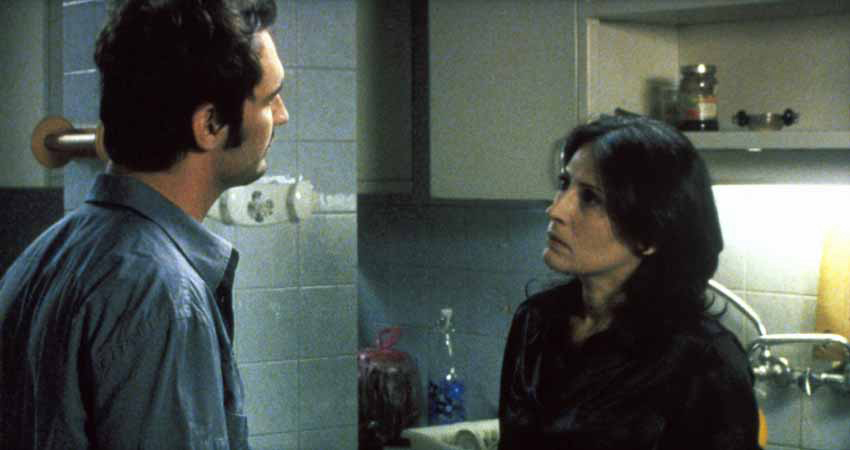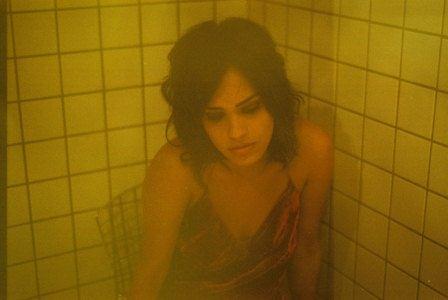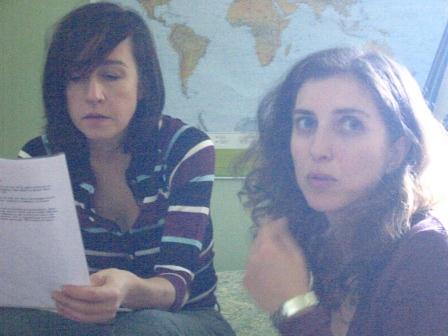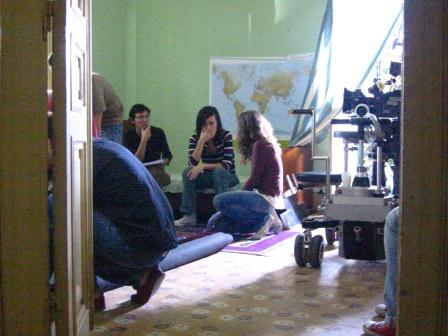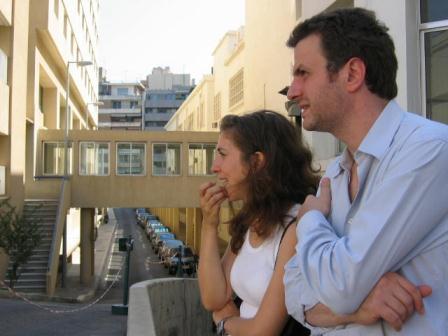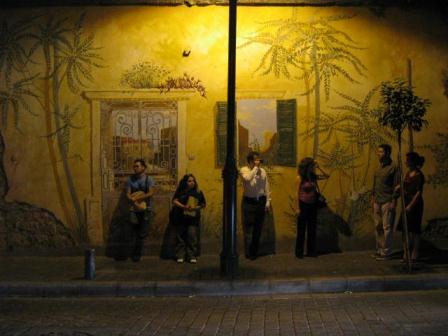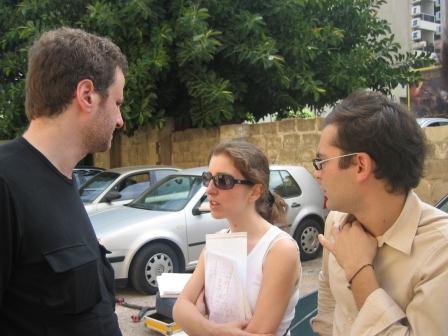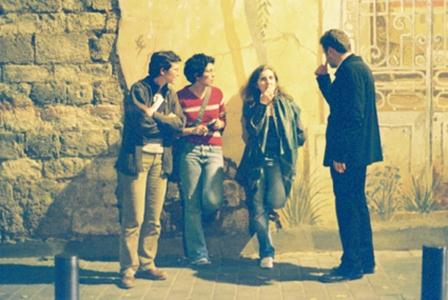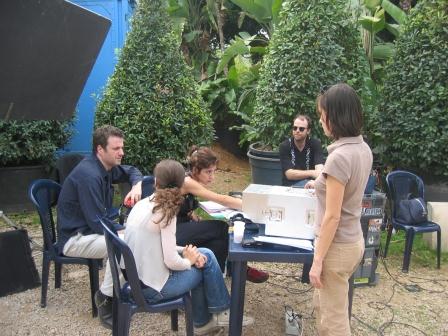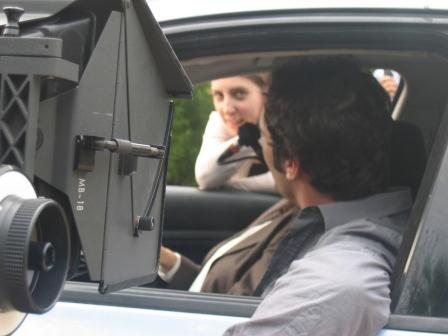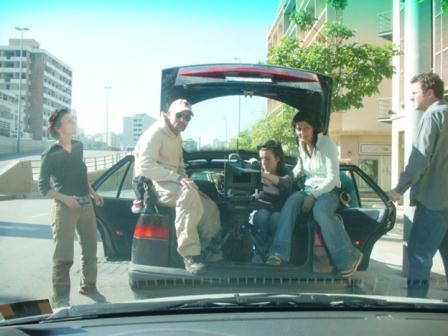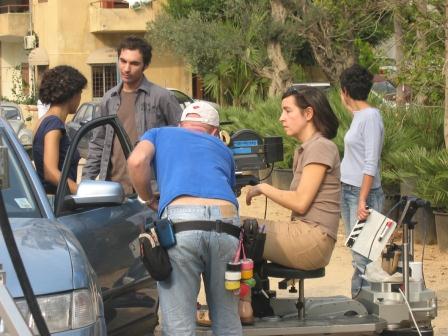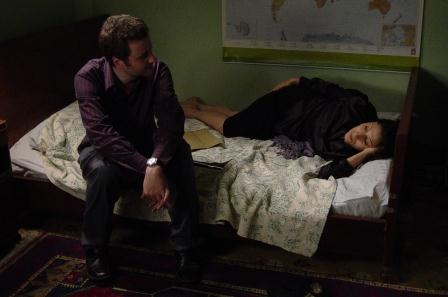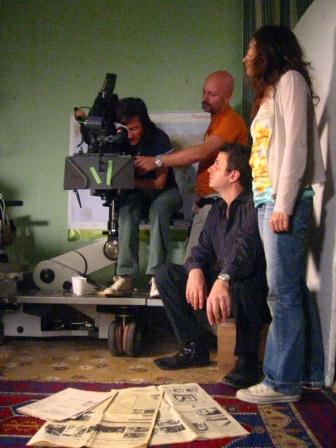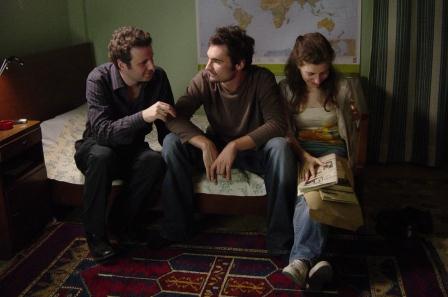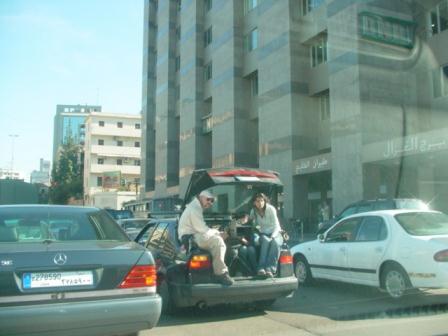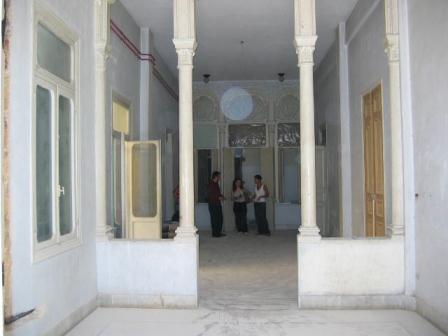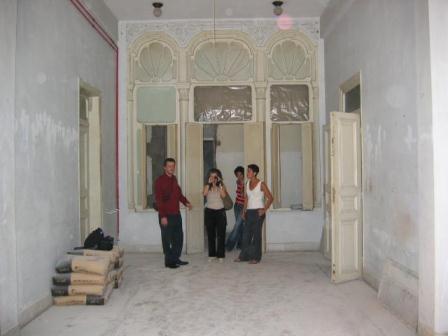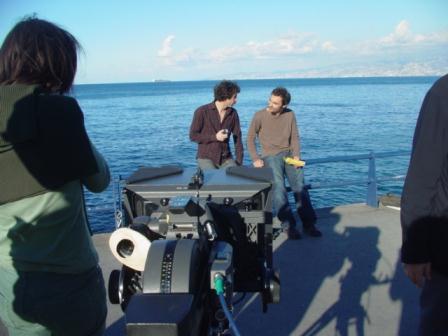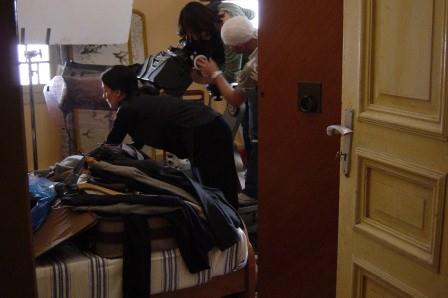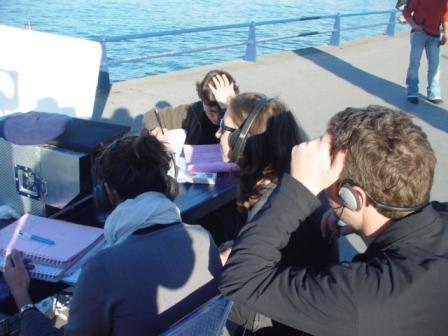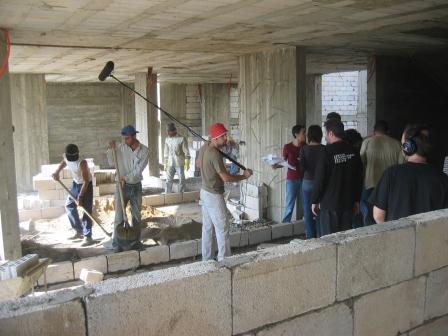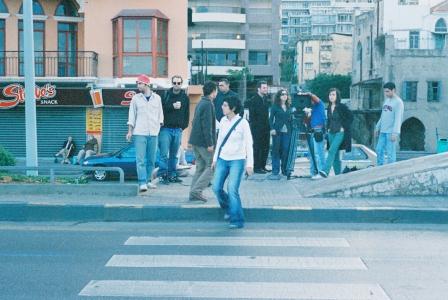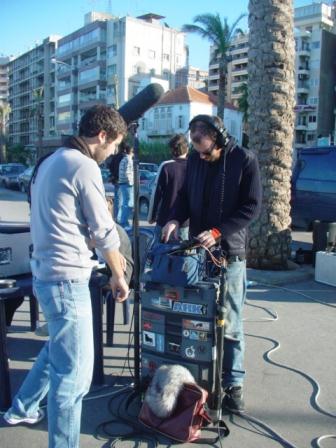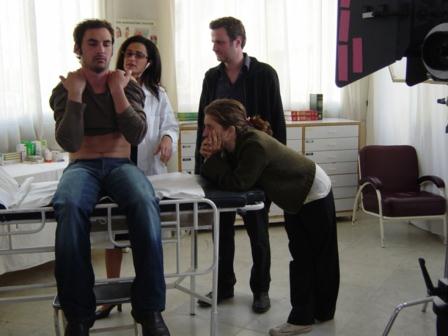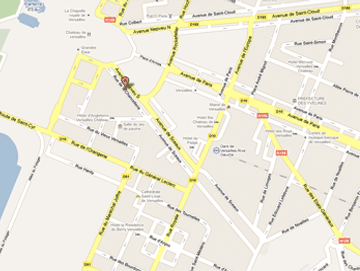Directors note This is a personal story. The uncle of Khalil is one of the 17,000 persons reported missing in Lebanon during the war. They left their homes one morning, one evening, and never came back. Where are they ? Beirut is a small city in the midst of reconstruction, the ground is constantly being excavated and yet nothing has been found. No mass graves, no traces. For us, the trauma of disappearance has not faded with time. It is an abyss, a chasm, and at the same time a wealth of possibilities. Is it necessary to forget, or to the contrary, by denying our phantoms do we risk denying ourselves, becoming like the living-dead who no longer see, no longer hear, and no longer feel? It is also the story of a generation, ours, which Malek belongs to. Young people with humdrum existences who let themselves be carried along the daily life. Trapped between the guilt of a dark past that is difficult to assume and the anguish of an uncertain future in a politically unstable region, how can they live in the present, love, construct, find their place in society? Things are in a state of latency, the present is hard to live in, or else lived out “hysterically” in the nights of Beirut, nights where people go out to forgot themselves, lose themselves. They go to clubs and bars in search of a community, to try to find a rhythm, to reclaim their bodies and those of others. It is a film shot in the cut. Reality is not reconstituted. On the contrary, we decided to insert ourselves into reality, filming in public places in a documentary-like manner. At times the shots are stolen, provoked. We created situations to capture this energy, to enable the story to come to pass. A perfect day is a film about sensations, atmosphere, mind frames, wrong tracks and vivid situations in the fascinating and paradoxal town that is Beirut today.











































